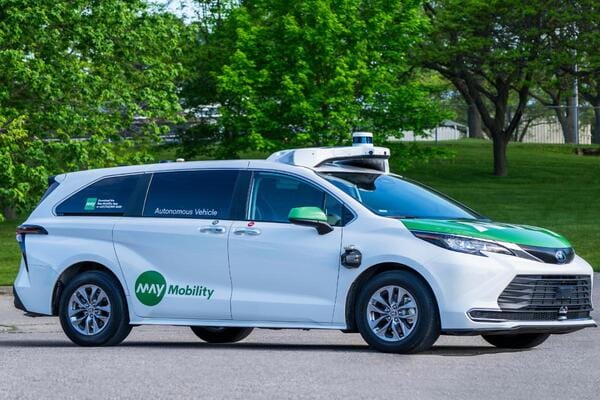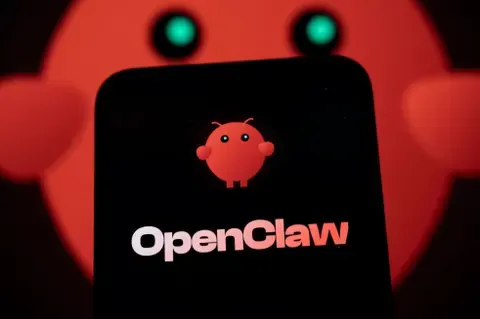Uber Teams Up with May Mobility to Drive Autonomous Ride-Hailing Expansion
The two companies plan to launch autonomous vehicle services in multiple U.S. cities over the next few years.

Uber and autonomous vehicle startup May Mobility have announced a strategic partnership to scale the deployment of self-driving vehicles across the U.S., starting with pilot programs in 2026.
The collaboration aims to integrate May Mobility’s autonomous vehicles into the Uber platform, allowing riders in select U.S. cities to hail autonomous rides via the Uber app.
May Mobility’s AV technology—already tested in more than 350,000 autonomous rides—is built on its proprietary Multi-Policy Decision Making (MPDM) system, designed to handle complex traffic scenarios in urban environments.
“May Mobility is developing autonomy that can scale and be trusted to deploy across a range of environments. We’re excited to bring their technology onto the Uber platform to provide more safe, reliable, and accessible transportation options,” Noah Zych, Global Head of Autonomous Mobility at Uber, said.
The two companies plan to launch autonomous vehicle services in multiple U.S. cities over the next few years, with a long-term goal of expanding to more markets. The partnership supports Uber’s broader vision of integrating autonomous mobility into its global network while complementing existing human-driven services.
“This collaboration with Uber accelerates our mission to make transportation more safe, accessible, and sustainable. Combining our AV tech with Uber’s rideshare network creates a pathway for autonomy to scale more efficiently and reach more people,” Edwin Olson, CEO of May Mobility, said.
With regulatory approvals and testing underway, the companies plan to provide updates on pilot locations and timelines in the coming months.
Recently, Uber also partnered with Baidu to deploy it’s Apollo Go autonomous vehicles on Uber’s platform in markets outside the U.S. and China, targeting regions in Asia and the Middle East later this year.
This partnership aligns with Uber’s broader strategy of embracing autonomy by forming alliances rather than building in-house technology, following prior deals with players such as Waymo, Pony.ai, and WeRide.




